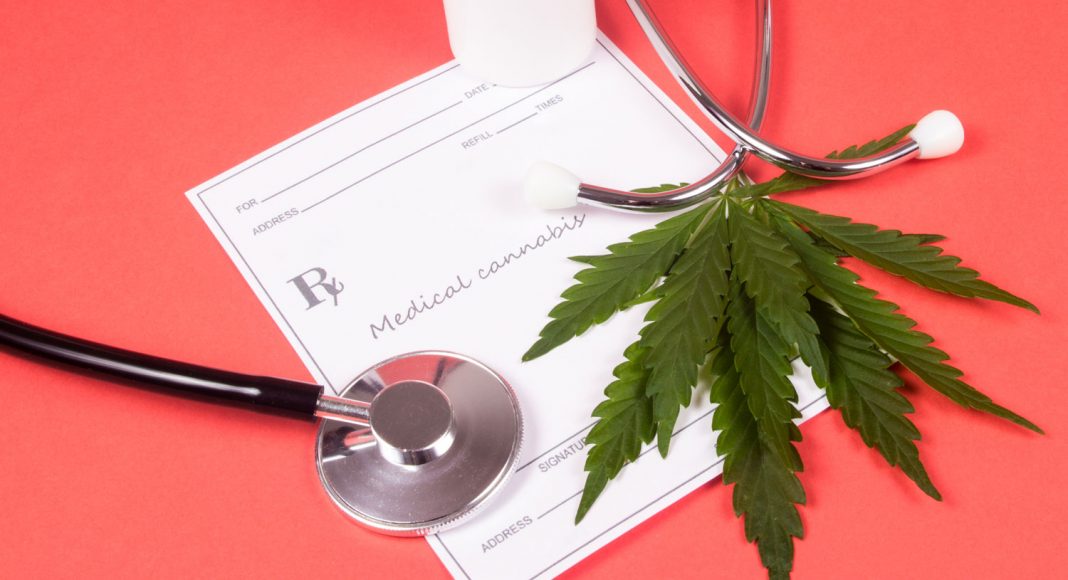Believe it or not, most doctors are ill-informed on the medicinal and therapeutic benefits of cannabis. While marijuana is legal for medicinal use in 34 states and 11 states have legalized adult use, “evidence suggests that many physicians may be unprepared for this reality,” writes Nathaniel Morris, a resident physician at the Stanford University School of Medicine.
Published in the highly regarded Journal of the American Medical Association (JAMA) this week, Morris’s op-ed documents how medical institutions have failed to teach clinicians how cannabis could help their patients. Sadly, this is a reality faced by many with a serious medical ailment not easily fixed by modern medicine — like PTSD, cancer, or intractable epilepsy, for example.
“Marijuana has become an inescapable part of my medical training, and most of my learning has come from patients,” writes Morris, who lives in California where medical marijuana has been legal for almost 23 years.
RELATED: Why Does Cannabis Make Some People Freak Out?
The psychiatry student cited several studies that present eyebrow-raising statistics. Here’s some:
– In 2016 surveys, “just 9% of medical schools had documented content on medical marijuana in the Association of American Medical Colleges Curriculum Inventory.”
– Those same polls found that “85% of 258 surveyed residents and fellows reported having no education about medical marijuana in medical school or residency.”
– “Presented at a 2017 meeting, a single-site study of 51 resident physicians found that 76% did not know which category marijuana belonged to under the Controlled Substances Act.” (For the record, marijuana it’s a Schedule I drug, which classifies marijuana as a drug with no currently accepted medical use and a high potential for abuse.)
– That same study reported “38% [of resident physicians] believed that medical marijuana was a prescription drug approved by the US Food and Drug Administration.”
And while Morris deserves kudos for writing such a piece, his stance resembles the same position which discourages patients from speaking honestly with their physicians about using cannabis in the first place. He expresses concern over “recent marijuana trends” like “wax or shatter,” which he typifies as “concentrated extracts that are highly potent and poorly understood.” Highly potent, yes, but poorly understood? Not sure about that one. Previously we’ve written how concentrates might be effective for patients with chronic pain, as they’re cheaper, stronger, and longer-lasting than smoking dried bud, but not recommended for newcomers, as the high dose is no joke.
RELATED: Want To Survive A Heart Attack? Use Cannabis, Say Researchers
“Part of the reason physicians may feel poorly trained is that many of marijuana’s health effects are not known,” Morris also writes. This is another statement that presents a mixed bag. Though Morris is correct in stating “more and higher quality research is essential” moving forward, there has been plenty of adequate research that gives us some basic understanding of marijuana’s biochemical and therapeutic benefits, as Leafly first pointed out.
If Morris makes one thing clear, it’s how paramount it is that universities and hospital boost their institutional knowledge and resources around cannabis to properly assist their patients in the future. Until then, patients and doctors alike will have to turn to resources like this website to learn more about how best to treat their illnesses.


